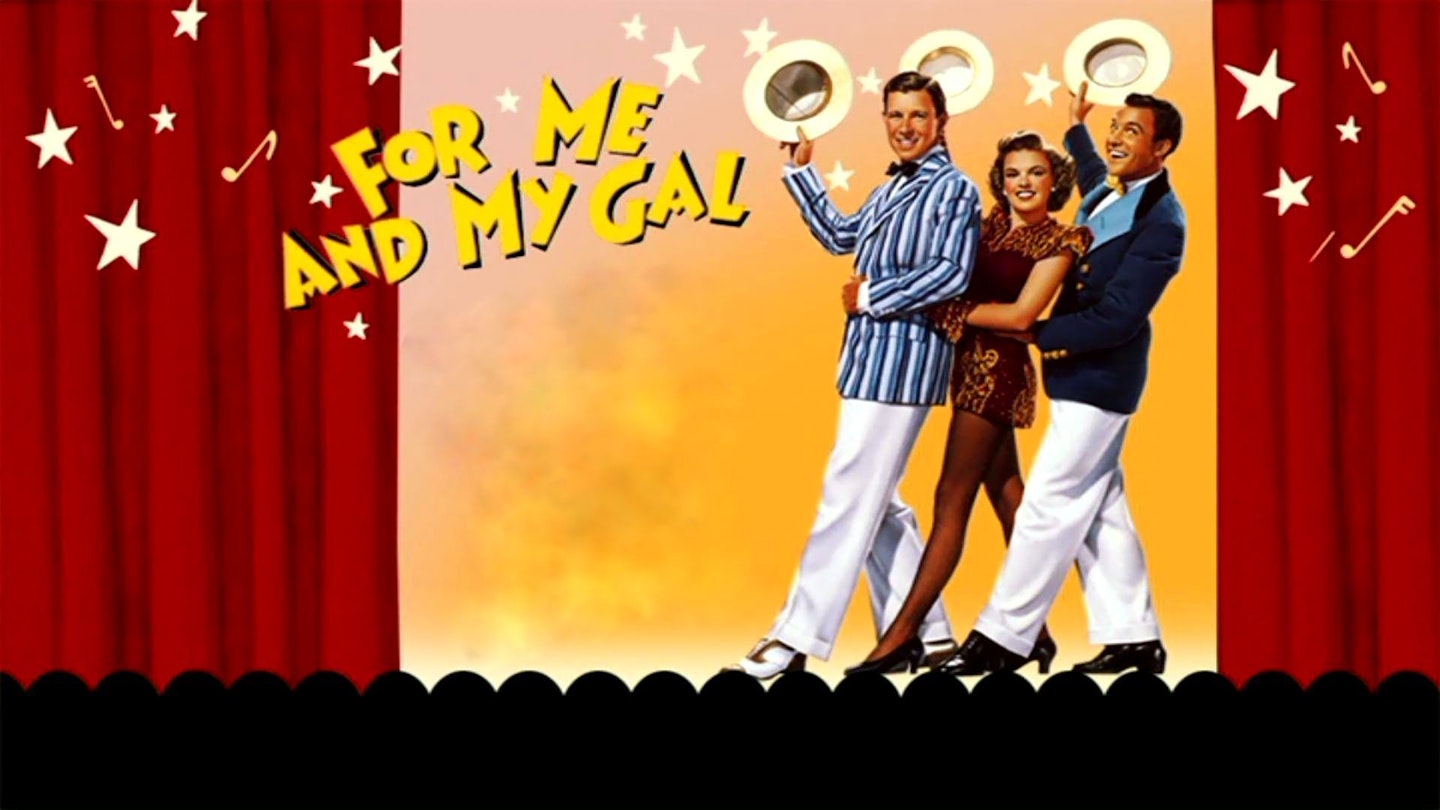Once the king of the Hollywood musical, Busby Berkeley's career was on the slide by the time he directed this nostalgic MGM flagwaver and his diminished inspiration is all-too-readily apparent. Despite coming off a trio of puttin' on a show' romps with Judy Garland and Mickey Rooney, his staging of Garland solo slots like Oh, You Beautiful Doll' and `Till We Meet Again' was front-on and flat, as though he were viewing her from a seat in the audience.
To an extent, this passivity was suitable for the 1910s setting. But Berkeley was notably more animated when working with Gene Kelly, who was making his screen debut. He had rather been thrown in at the deep end, having replaced George Murphy in the male lead at Garland's insistence, but the songs were all standards and he was familiar with the backstage milieu from his time on Broadway. Moreover, Harry Palmer bore a marked resemblance to Joey Evans, his breakthrough character in Pal Joey, who had similarly been prepared to exploit anyone and anything to get his way. He certainly strings Jo along here, as he wilfully ignores her feelings and mooches up to Eve Minard to take advantage of her social and showbiz contacts. He even resorts to smashing his hand in a trunk to defer the draft, so that he can take his shot at the big time at New York's Palace Theatre.
Kelly would come to specialise in such cocky, cynical, selfish types, but while his clumsy egotism was always tempered by romance, he retained a boyish irresponsibility that was key to his appeal. He's only afforded a single solo (Tramp Dance') here. But he teams well with Ben Blue on Frenchie Frenchie' and benefits hugely from Garland's generosity on When You Wore a Tulip', Ballin' the Jack' and the timeless title number.
